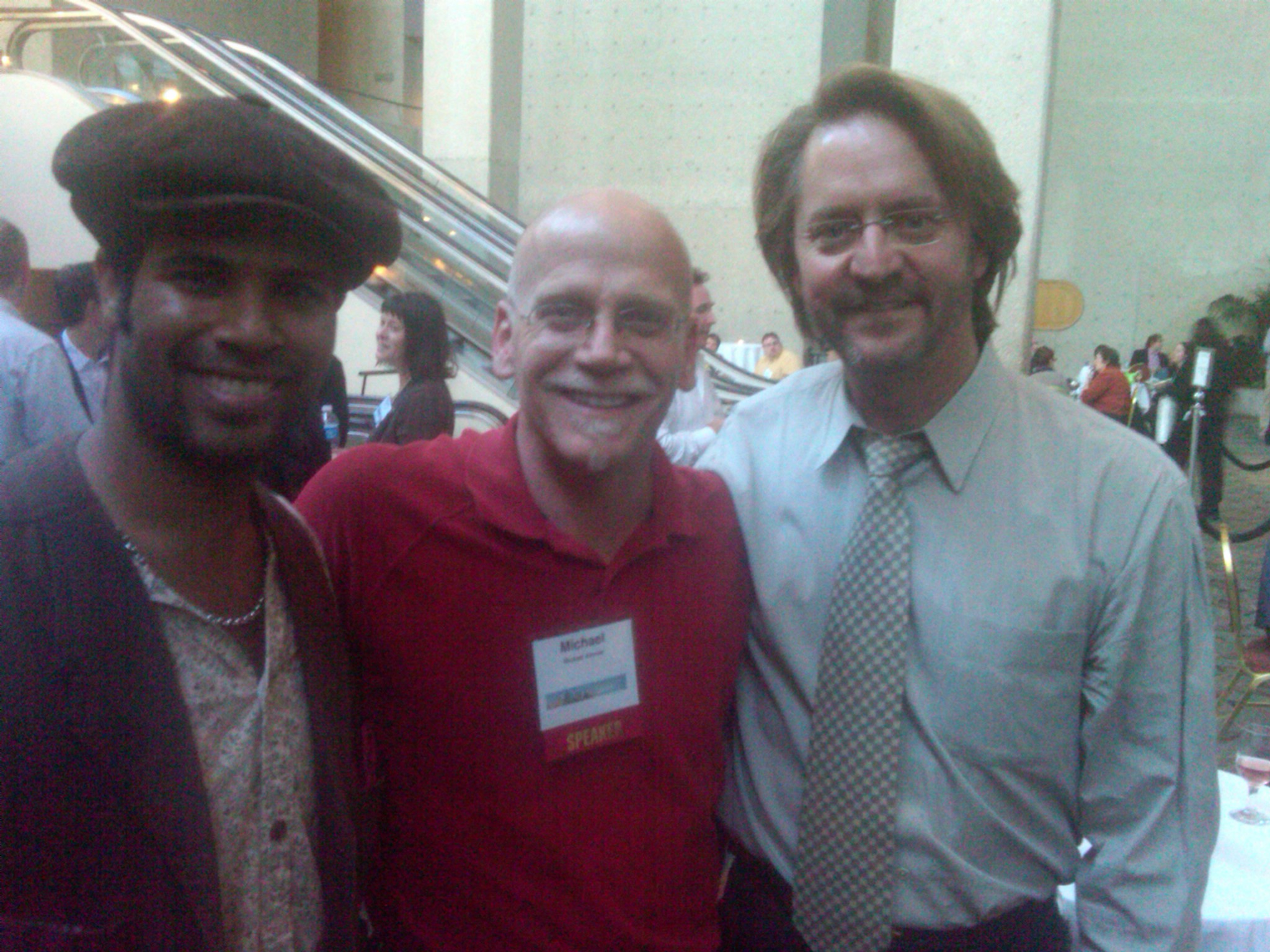
In the beginning of the 21st century there seem to be growing willingness to discuss issues of gifts in a more complex and less dogmatic ways (Barnett & Barteck, 2009 Brendel, et. For the same reason many therapists are even less willing to discuss the gifts they give to clients.

Therapists have been reluctant to openly talk about it for fear of being accused of some sort of boundary violation or exploitation of clients (Lazarus & Zur, 2002 Zur, 2007, 2015, 2017).

al., 2009 Pope, Keith-Spiegel, & Tabachnick, 1986), the phenomenon of gifts in therapy has received minimal attention in the theoretical literature (Knox, 2008 Knox, et. Anthropologists and psychologists have viewed gift behavior as a product of an interaction between psychological mechanisms and the environment (Toby and Cosmides, 1992).Įven though most therapists have regularly received gifts from clients (Borys & Pope, 1989 Grohol, 2010 Knox, et. Gifts have been defined as “something that is bestowed voluntarily and without compensation” (, 2005).

Giving a gift is an ancient and universal way to express, among other things, gratitude, appreciation, altruism and love (Saad & Gill, 2003).


 0 kommentar(er)
0 kommentar(er)
